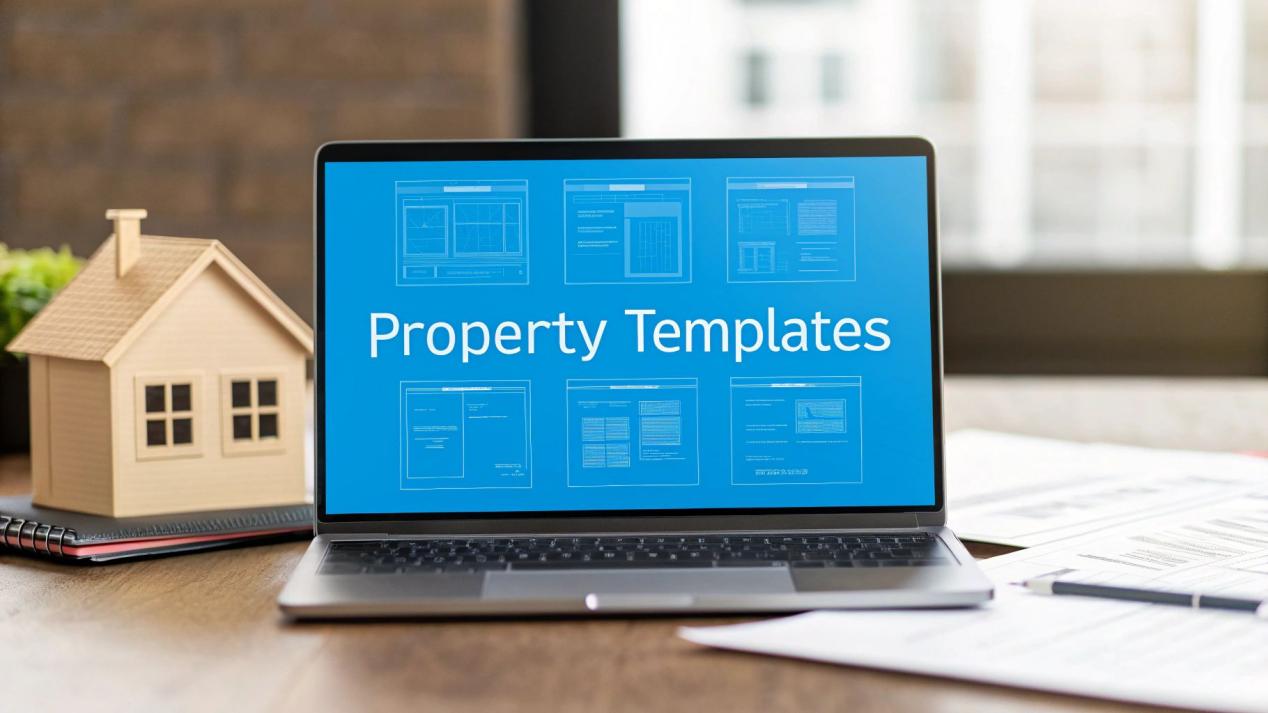Property management software (PMS) solutions have become indispensable applications for businesses looking to streamline their daily operations, including scheduling, occupancy tracking, financial management, and administrative tasks. These digital platforms rose to prominence as organizations sought to replace error-prone manual processes with automated systems capable of handling information recording, data utilization, and operational workflows with greater precision and efficiency.

The most effective property management software platforms serve as comprehensive digital hubs designed to automate workforce tasks while optimizing overall business performance. These centralized systems provide organizations with the technological infrastructure needed to manage properties more effectively while reducing operational overhead.
Key Considerations for Selecting the Optimal Property Management Software Solution
Making an informed choice about property management tools requires careful evaluation of several critical factors to ensure the selected platform aligns perfectly with an organization unique operational needs.
1. Clearly Define Business Requirements
Before committing significant financial resources to acquire, deploy, and implement a PMS solution, companies must conduct a thorough assessment of their specific operational requirements. This evaluation process should address several fundamental questions: Does the business primarily need capabilities for rent collection and lease administration? Are financial tracking and maintenance management crucial components? Does the organization focus on residential properties, commercial real estate, or a combination of both? What are the anticipated growth projections that might impact scalability needs? Only after identifying a solution that comprehensively addresses these operational demands should a company proceed with implementation to enhance its property management workflows.
2. Evaluate Data Protection Protocols
One of the primary motivations for adopting property management software is to ensure superior data security compared to manual processes. These platforms specialize in safeguarding sensitive information including financial records, maintenance histories, and tenant details. When assessing potential solutions, organizations should verify that the software incorporates enterprise-grade security measures such as military-grade encryption protocols, automated data backup systems, and multi-layered authentication processes. The most robust property management platforms provide granular access controls and context-aware security features to protect both business and client information from potential breaches or unauthorized access.
3. Verify Billing and Payment Processing Capabilities
Particularly crucial for hospitality businesses and rental property managers, efficient billing functionality represents a core requirement for any PMS solution. Hotels and accommodation providers dealing with high guest volumes require systems that can automate invoice generation, payment processing, and financial verification without human intervention. When evaluating potential solutions, businesses should prioritize platforms with intuitive billing interfaces that simplify rather than complicate financial transactions. Systems that create unnecessary complexity or slow down payment processing should be avoided, as they can negatively impact operational efficiency and customer satisfaction.
4. Prioritize Implementation Ease and Usability
Modern businesses require property management solutions that can be deployed rapidly and integrated seamlessly with existing operational systems. The ideal PMS platform should feature straightforward installation processes and offer immediate functionality with minimal configuration. Equally important is the software user interface design - it should be intuitive enough for staff across various departments (including front desk personnel, housekeeping teams, and administrative staff) to operate with minimal training. Solutions that demonstrate smooth, interruption-free operation typically deliver the highest productivity gains for adopting organizations.
Core Functionalities of Property Management Software Platforms
The diverse capabilities of modern PMS tools make them valuable assets across numerous industry sectors:
Rent Payment Management:
Advanced PMS solutions include specialized modules for tracking and processing rental payments. These features enable property owners and managers to monitor upcoming payment deadlines, outstanding balances, and financial obligations with tenants or clients, ensuring complete financial visibility.
Enhanced Customer Relationship Management:
These systems help businesses maintain critical timelines for lease renewals, payment schedules, and maintenance requests. Integrated communication tools within PMS platforms facilitate better tenant interactions and service delivery.
Financial Management and Reporting:
Comprehensive accounting functionality forms a cornerstone of property management software. These systems simplify complex financial operations including ledger maintenance, balance sheet preparation, and financial statement generation, providing businesses with accurate, real-time financial insights.
Typical Investment Range for Commercial Property Management Solutions
The development cost for customized property management software typically ranges between $40,000 and $250,000, though final budgets may vary based on several factors. Key cost determinants include the complexity of the user interface design, the scope of required features, the underlying technology stack, and the geographic location of the development team.
Leading Property Management Software Providers
The market offers numerous established PMS solutions including Rent Manager, Guesty, Rentec Direct, PayHOA, TenantCloud, and Buildium. These platforms provide specialized functionality for diverse property management needs including short-term rental operations, automated rent collection, tenant information management, and comprehensive property maintenance tracking. Each solution offers unique advantages tailored to different segments of the real estate and hospitality industries.





